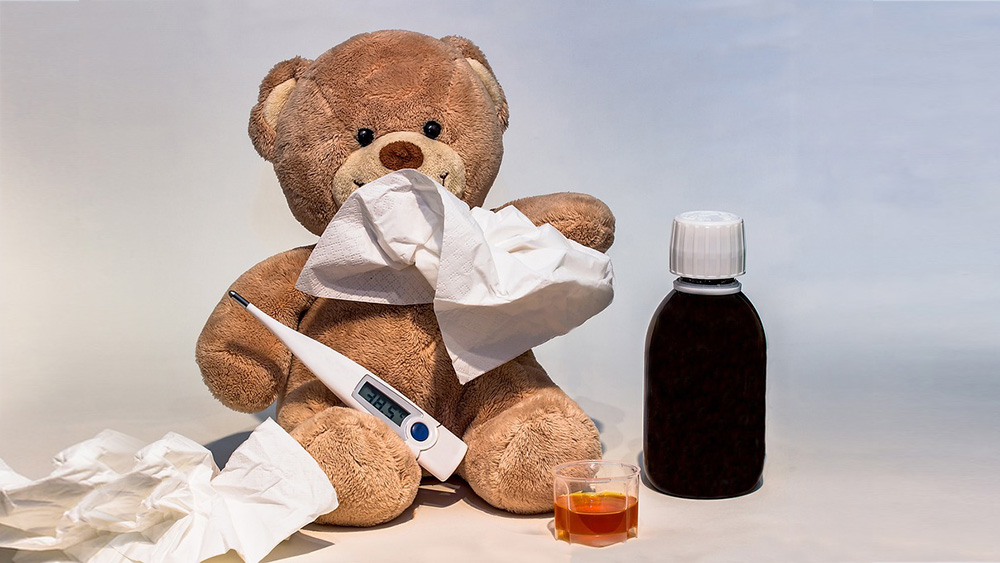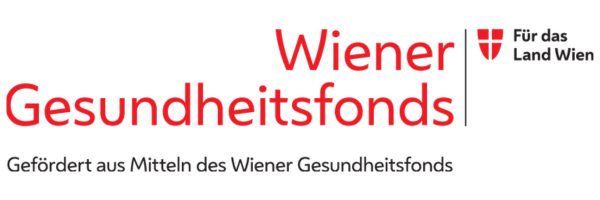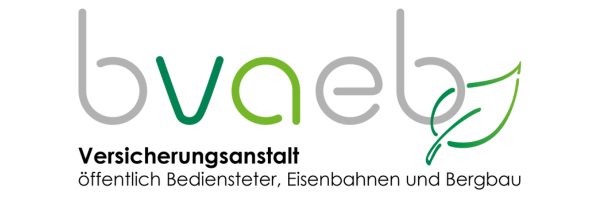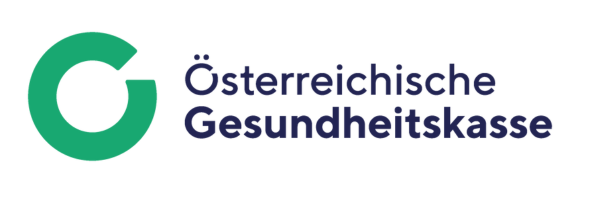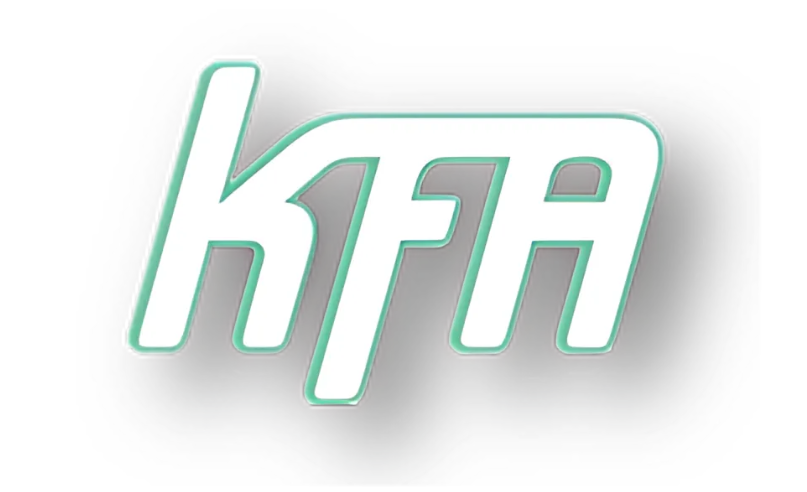My baby, my child has a fever, what can I do?
As a mother or father, you feel worried and unsure when your baby or child has a fever. Fever is a reaction of the body to a viral or bacterial infection, and helps the little body to heal from infections. It is important to find the cause of the fever. If in doubt, take your child to the paediatrician.
We offer capillary blood sampling at the outpatient paediatric clinic Margareten and paediatrician in CAPE 10. With the values determined, it is possible to see whether it is a viral or bacterial infection and whether a prescription of antibiotics makes sense or not.
Elevated temperature or already fever?
Babies and children have fevers much more often and faster than adults. Where are the boundaries between normal, elevated temperature and fever?
- 36.5 to 37.5° Celsius is the normal body temperature of a healthy child
- At 37.6 to 38.0° Celsius one speaks of elevated temperature
- Fever starts at 38.0° Celsius. (from the 3rd month of life, one speaks of fever only from 38.5° Celsius).
- From 39° Celsius it is high fever
Where to take a fever:
- In the ear
- On the forehead
- In the mouth (for older children from approx. 5 years)
- Under the armpit
- Rectal
Symptoms of fever:
- Weakness
- Joint pain
- Red hot face
- Cold sweat and chills
- Loss of appetite
- Fatigue
Attention: The child's body temperature can also be elevated without actually being ill. For example, if the child has been physically exhausted, is dressed too warmly or is covered up.
What should be considered in case of fever?
During fever, the body constantly loses fluids and electrolytes, which means that supportive and additional measures are necessary. Please make sure that you drink enough! Physical exertion should be avoided. You should actively reduce the fever if the child's well-being is impaired. From a temperature above 39°C with medicines such as Nureflex, Mexalen, Ben-u-ron, in the correct dosage. If your child suffers a febrile seizure, you should immediately call the emergency doctor or go to the hospital. More important than the level of fever is how your child is doing. The smaller the child and the worse the general condition, the sooner you should seek medical help. Paediatricians will advise you on necessary measures and accompany you until your child is completely well again.

